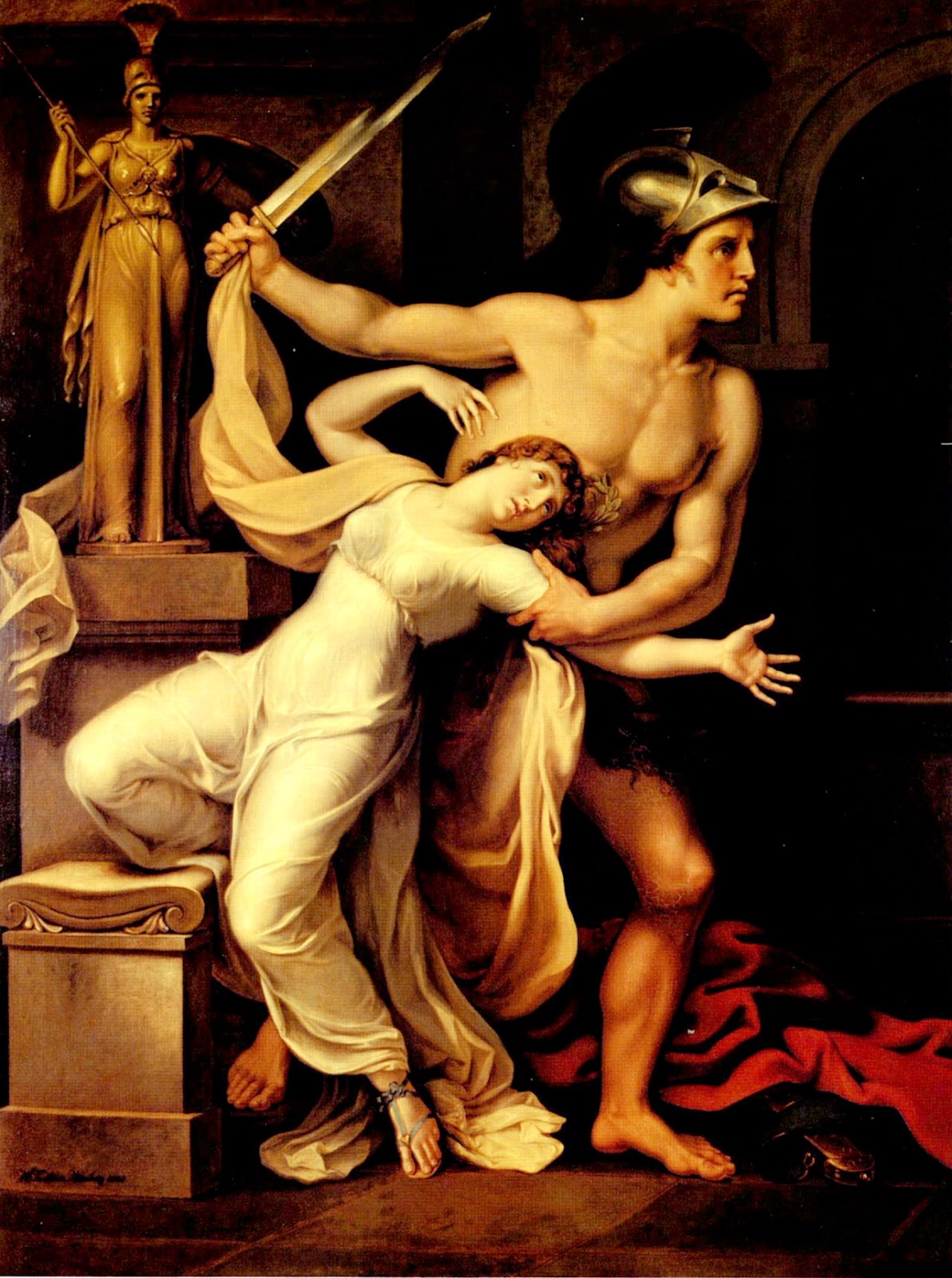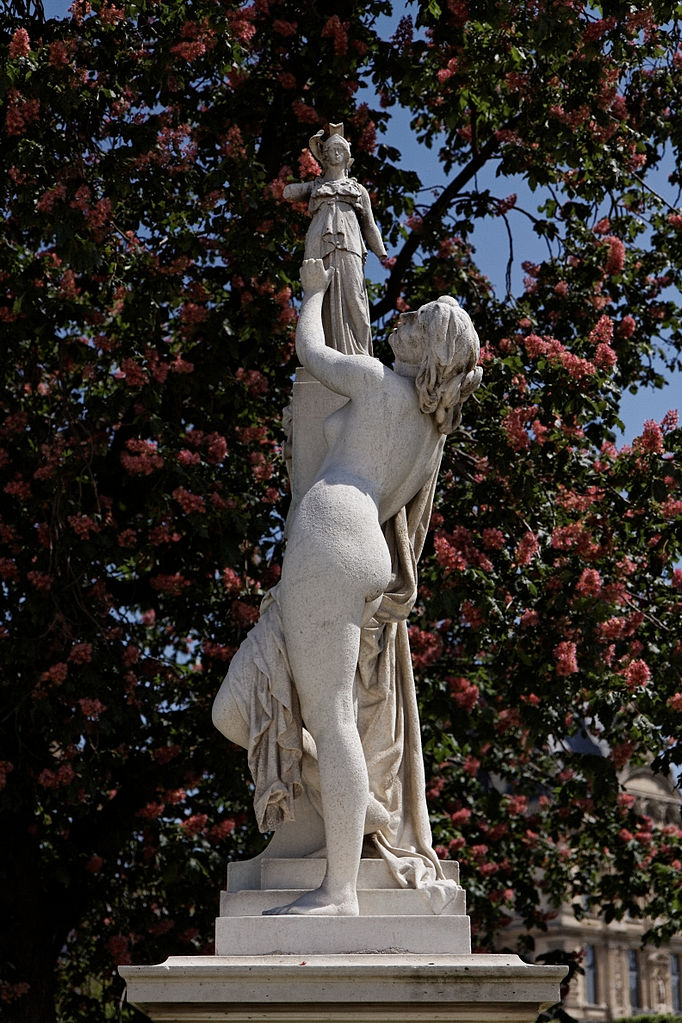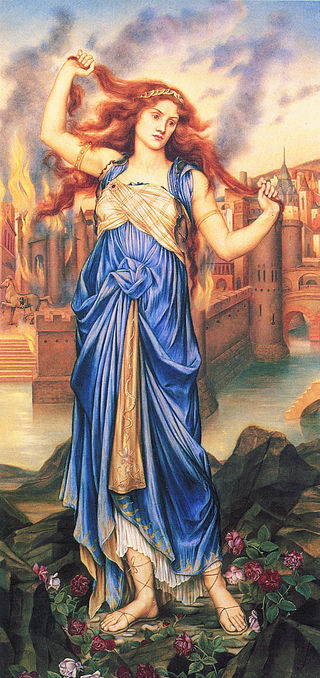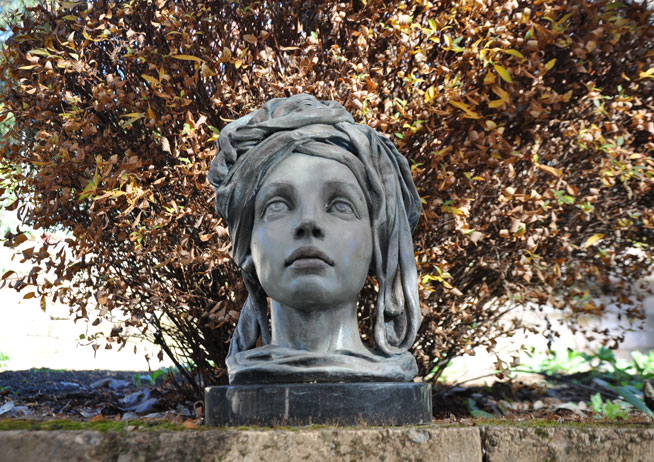Cassandra
The Cursed Prophetess with the Sight of Foretold Misfortune in Greek Mythology

According to the most well-known version of the myth of Cassandra, the god Apollo first saw the princess when she was sleeping in his temple. Cassandra was extremely beautiful, and Apollo immediately fell in love. Trying to entice her, he granted her the gift of prophecy. However, although Cassandra accepted the gift, she later rejected the god's advances. This provoked Apollo's anger, and he decided to punish her. He convinced Cassandra to give him a single kiss, through which he transmitted a curse to her mouth. Although Cassandra could foresee the future, no one ever believed her prophecies.Most of Cassandra's prophecies concerned the Trojan War, the famous ten-year conflict between Troy and the other Greek cities, which began with the abduction of the queen of Sparta, Helen, by Paris, the prince of Troy. Paris was Cassandra's younger brother, but when he was born, she begged her father to kill the baby because she foresaw that he would lead to the city's destruction. Priam did not heed his daughter's advice and instead ordered Paris to be abandoned and exposed to the wild.

Paris, after initially being nursed by a she-wolf and then by shepherds, was chosen as a young man by the goddesses Aphrodite, Athena, and Hera to act as a judge in a contest among them. Paris's task was to decide which of the three goddesses was the most beautiful. He chose Aphrodite, who promised him the love of the most beautiful woman in the world. When Paris returned to Troy in disguise, Cassandra recognized him, and he was warmly welcomed by his father, Priam. However, it wasn't long before Paris decided to sail to Greece and visit various kingdoms there. Cassandra warned that her brother's mission would bring disaster to Troy, but no one believed her when Paris set off on his travels. During his stay in Sparta, Paris seduced Helen, the wife of the king of Sparta, Menelaus, and persuaded her to follow him back to Troy. This abduction enraged the Greeks, who gathered an army to campaign against Troy.

Thus began a war that lasted ten years. At the end of this period, Cassandra made one of her most famous prophecies. In a desperate attempt to breach the walls of Troy, the Greeks constructed a large wooden horse and left it outside the gates of the besieged city. The Trojans believed that this horse was an offering to the goddess Athena and opened the gates to bring it into the city. However, what they did not know was that the horse was filled with Achaean soldiers. Only Cassandra and the priest and seer Laocoön foresaw the danger. As the horse approached the city, Cassandra began to shout, warning her fellow citizens about the true nature of the gift. However, they considered her mad and ignored her.
The following night, the Achaean soldiers emerged from the horse and opened the gates for the rest of the Greek army that was outside Troy. They invaded the city and proceeded to loot, kill, and enslave the inhabitants. Cassandra was found in the temple of Athena, where she was hiding, holding a wooden statue of the goddess of war and wisdom. There, Ajax the Lesser discovered her and dragged her out of the temple, offering her as a prize to Agamemnon.

Cassandra returned to Mycenae with Agamemnon. However, Agamemnon's wife, Clytemnestra, in collaboration with her lover, Aegisthus, had plotted to murder the Greek king. When Agamemnon arrived in Mycenae, he approached the palace, where his wife had organized a banquet to welcome him. Cassandra refused to enter, as she sensed the presence of imminent bloodshed. This prophecy proved correct, as Clytemnestra killed both her husband and his new lover, using an axe.